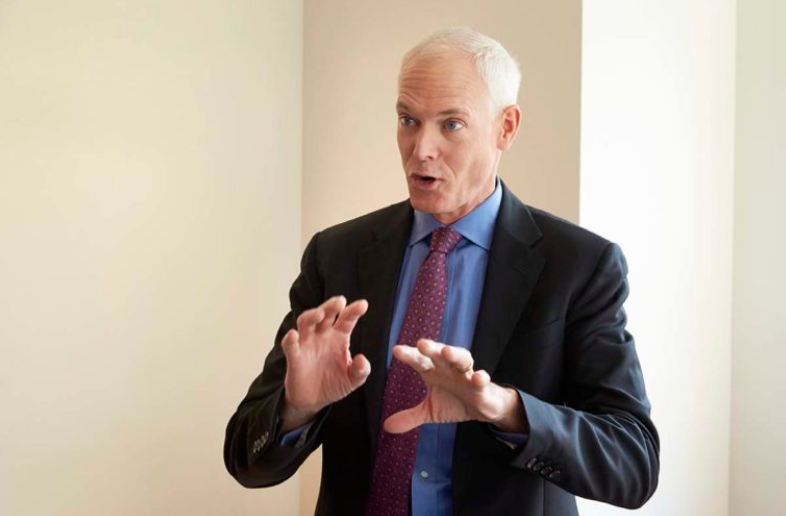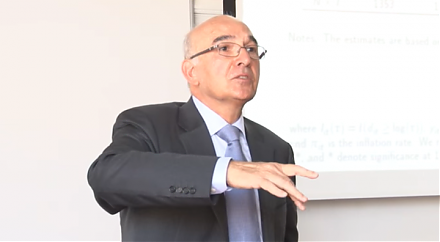

2018-07-01 08:34:00 Sun ET
federal reserve monetary policy treasury dollar employment inflation interest rate exchange rate macrofinance recession systemic risk economic growth central bank fomc greenback forward guidance euro capital global financial cycle credit cycle yield curve
Are China and Russia etc gonna dethrone the petrodollar? Over the years, China, Russia, France, Germany, and Japan have made numerous attempts to use their own reserve currencies as the primary monetary basis for futures in oil, silver, steel, aluminum, and other metals. De-dollarization helps non-U.S. companies anchor their use and consumption of natural resources to more reliable reserve currencies due to zero exposure to foreign exchange risk. Durable de-dollarization depends on a credible disinflationary monetary policy conduct and specific microeconomic measures. Not only does this strategy contribute to better financial risk mitigation, this strategy helps minimize any abrupt impact of greenback gyrations on domestic demand for oil, steel, and other natural resources. Often times de-dollarization can be conducive to promoting better open exchange rate flexibility, macroeconomic stabilization, inflation moderation, and financial crisis containment.
Should these countries and regions mute their exposure to dollar fluctuations over time, the greenback may become less than the gold standard of universal currency. Chinese, Russian, and Japanese companies can better acquire pivotal resources with minimal currency risk, whereas, de-dollarization remains an open challenge for France, Germany, and other European countries in the post-Brexit era.
If any of our AYA Analytica financial health memos (FHM), blog posts, ebooks, newsletters, and notifications etc, or any other form of online content curation, involves potential copyright concerns, please feel free to contact us at service@ayafintech.network so that we can remove relevant content in response to any such request within a reasonable time frame.
2019-01-09 07:33:00 Wednesday ET

Apple revises down its global sales revenue estimate to $83 billion due to subpar smartphone sales in China. Apple CEO Tim Cook points out the fact that he
2020-08-12 07:25:00 Wednesday ET

Most sustainably successful business leaders make a mark in the world, create a positive impact, and challenge the status quo. Jerry Porras, Stewart Emer
2019-10-27 17:37:00 Sunday ET

International climate change can cause an adverse impact on long-term real GDP economic growth. USC climate change economist Hashem Pesaran and his co-autho
2019-05-09 10:28:00 Thursday ET

President Trump ramps up 25% tariffs on $200 billion Chinese imports soon after China backtracks on the Sino-American trade agreement. U.S. trade envoy Robe
2018-07-07 10:33:00 Saturday ET

The east-west tech rivalry intensifies between BATs (Baidu, Alibaba, and Tencent) and FAANGs (Facebook, Apple, Amazon, Netflix, and Google). These Sino-U.S.
2024-10-14 11:33:00 Monday ET

Stock Synopsis: Video games continue to take both screen time and monetization from many other forms of entertainment. We are broadly positive about the